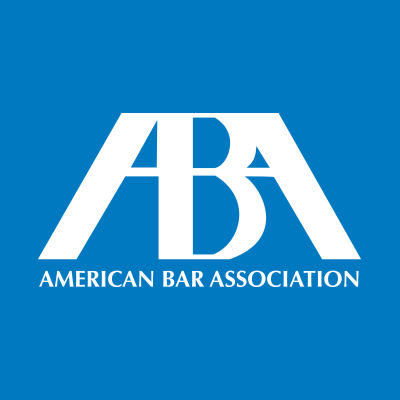ABA urges Senate not to weaken Medicaid through Affordable Care Act repeal bill

The American Bar Association on Monday voiced opposition to Senate proposals to cut federal Medicaid funding through the repeal of the Affordable Care Act.
The ABA sent a letter (PDF) to Senate Majority Leader Mitch McConnell on Monday, outlining its reasons for opposing changes that would “weaken the current entitlement nature of the program.”
The association specifically expressed concern about therepeal of the Affordable Care Act—with or without a replacement; opposed conversion of federal Medicaid funding into block grants, opposed calculating Medicare funding according to the urban consumer price index rather than the medical CPI; and opposed per capita caps on federal funding to states.
Medicaid funding was expanded under the ACA (more commonly known as “Obamacare”). The letter says this insured 11 million Americans who were previously uninsured. By contrast, the Congressional Budget Office has said that the Senate bill the letter opposes will leave 22 million people uninsured by 2026.
The proposed funding changes would likely mean less federal money for Medicaid, the letter says. Per capita spending caps would leave the government unable to respond to changing economic conditions in any particular state, and also can’t account for projected increases in the cost of care. Changing the cost index away from CPI-Medical would make the program unable to account for rising costs. All of this is complicated by the fact that the population of older people is expected to grow, it says.
There’s no reason to think that state budgets will be able to fill the holes created by the decreased federal funding, the letter says. Thus, it’s likely that states would cut eligibility for health services and reduce payments to medical care providers. In addition, it says, there are proposals that would let states apply for a waiver allowing insurers to deny coverage for pre-existing conditions. This would also have the effect of rationing care, it notes.
This is likely to hit vulnerable people the hardest, the letter says. Roughly 40 percent of American children use Medicaid, as well as two out of three nursing home residents. Disabled people and older Americans often rely on Medicaid for home- or community-based care, an alternative to nursing homes that is cheaper and allows patients to live at home with their families, but isn’t covered by Medicare or private insurance. The letter also notes that cuts to Medicaid would likely mean cuts to the 4.4 million health care jobs Medicaid pays for—so many that a credit rating agency concluded that it would affect some states’ credit ratings.
The Senate is expected to vote Tuesday on advancing one or more of several health care bills, NPR reported Monday. In a separate article, NPR explains four of those bills. The New York Times says even some senators are not sure which bill they will be voting on.



